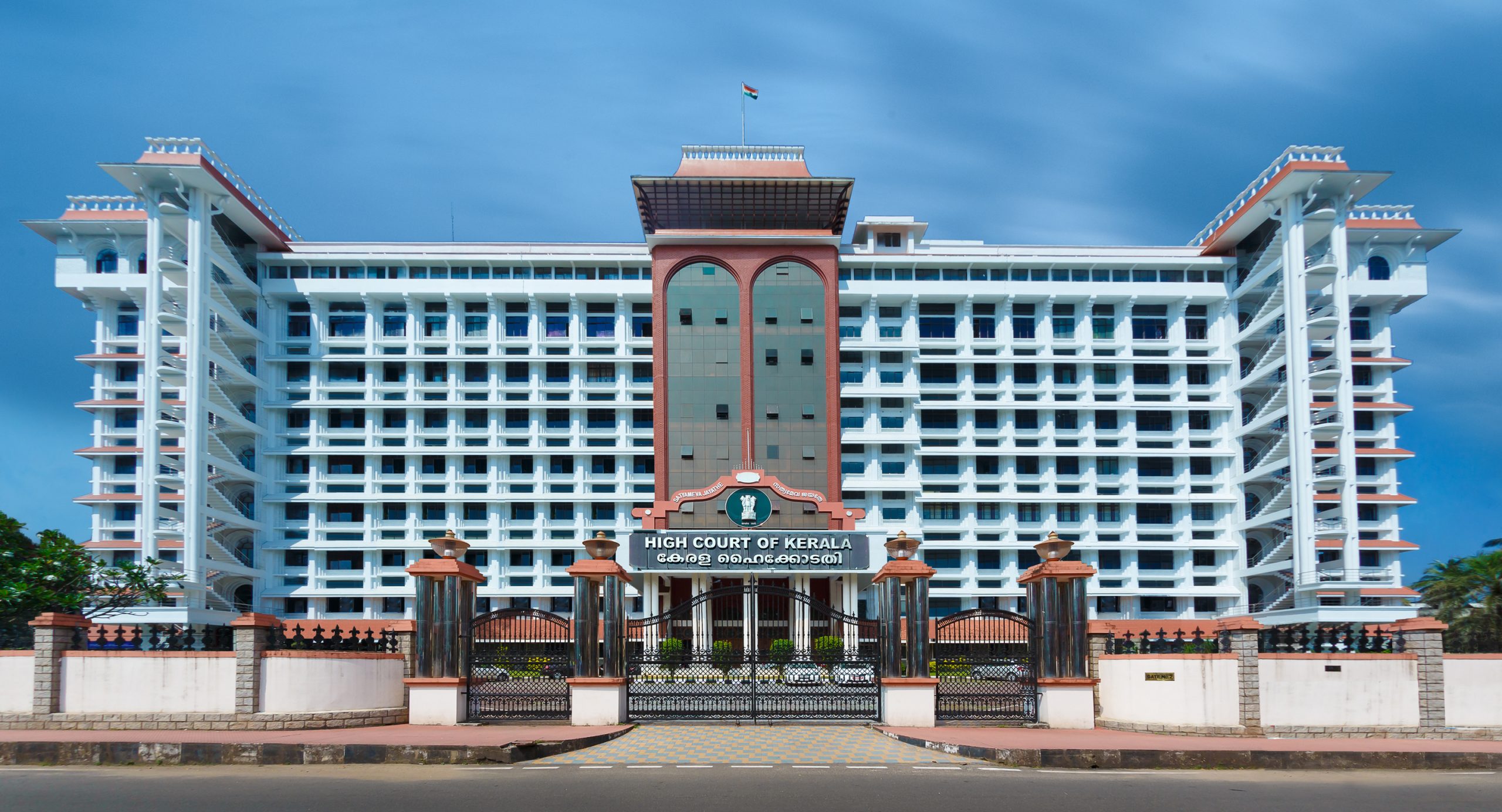Not Permissible to Unilaterally withdraw Consent in Mutual Consent: Kerala High Court

POINTERS OF THE JUDGMENT
1. Background of the case
The husband and the wife were married since 2003 and had two children. The respondent filed applications seeking a decree for return of money and gold ornaments, seeking an order for maintenance, before the Family Court. The appellant filed before the same court, an application seeking a decree of divorce. The parties were referred to mediation and they settled all the disputes arising out of the marriage by executing a memorandum of settlement. The couple agreed that custody of the children would be with the wife, the appellant would pay compensation of Rs.10,00,000/- to the respondent, all the pending cases would be withdrawn and they would file a joint petition under Section 10A of the Divorce Act, 1869, to dissolve their marriage by mutual consent. The memorandum of settlement was recorded by the court and all the cases were dismissed as withdrawn.
On the date of filing of the joint petition, the appellant paid an amount of Rs.2,00,000/- to the respondent. On 20.2.2017, the date of the second motion, the appellant paid the respondent the balance amount of Rs.8,00,000/-, which was acknowledged by the respondent. The Family Court referred the parties for counselling, and thereafter, conducted the inquiry. Both parties expressed their consent for divorce in unequivocal terms. The case was posted for judgment on 20.4.2017. On 9.3.2017, the respondent filed an Interlocutory Appeal seeking to withdraw the proof affidavit and to withdraw her consent considering the welfare and future of the children.
2. One Party cannot unilaterally withdraw consent
In a case of almost identical nature, the High Court of Bombay in Prakash Alumal Kalandari V. Jahnavi Prakash Kalandari [2011 KHC 2559], interpreting an analogous provision under Section 13B of the Hindu Marriage Act,1955, held that when the parties agree to convert a pending petition for divorce to a petition for divorce by mutual consent, on the basis of a compromise, and on one of the parties fulfilling the terms of the compromise, the other party cannot unilaterally withdraw consent in view of Order XXIII of the Code of Civil Procedure.
3. Party was free to withdraw consent before passing of the decree
In the proceedings in the second motion, the respondent did not state either before the Court or before the Counsellor that she was withdrawing her consent or that she was concerned about the welfare of the children. The Family Court, on being satisfied, that the parties had expressed their free consent for divorce, reserved the case for judgment to 20.4.2017. It was on the proposed date of pronouncement of judgment that the respondent moved the applications seeking withdrawal of her proof affidavit and consent. The Family Court following the judgment in Hitesh Bhatnagar v. Deepa Bhatnagar [2011 KHC 4390], held that the respondent was free to withdraw her consent at any time before the passing of the decree. Accordingly, the applications were allowed and the original petition was dismissed. The consent must continue to decree nisi and must be valid subsisting consent when the case is heard.
In a case of almost identical nature, the High Court of Bombay in Prakash Alumal Kalandari [2011 KHC 2559] interpreting an analogous provision under Section 13B of the Hindu Marriage Act,1955, held that when the parties agree to convert a pending petition for divorce to a petition for divorce by mutual consent, on the basis of a compromise, and on one of the parties fulfilling the terms of the compromise, the other party cannot unilaterally withdraw consent in view of Order XXIII of the Code of Civil Procedure ( in short ‘Code’).
4. Unlawful enrichment on unilateral payment after fulfilment of part consideration
However, Section 2 (e) of the Indian Contract Act, 1872 states that every promise and every set of promises, forming the consideration for each other, is an agreement. There were reciprocal promises agreed by the parties, falling within the ambit of Section 51 of the Indian Contract Act, 1872, which was duly performed by the appellant. The respondent on getting the custody of the children and receiving the compensation was obliged to perform her part of the agreement, i.e, to give her consent for dissolution of the marriage. When asked if the respondent was willing to return the compensation amount she refused. The court was of the opinion that the respondent has taken advantage of her own wrong and is attempting to unlawfully enrich herself. The submission of the learned counsel before this Court that the respondent found a few thousand rupees short in the compensation paid, is a hollow and untenable plea, which was never raised before the Court of the first instance. Moreover, the flea bite defence that the respondent was withdrawing her consent for the welfare of the children is unfounded because she should have thought about the same at the time of executing the agreement. Further, the custody of the children was entrusted to her.
5. Doctrine of Estoppel
Following the judgment in Prakash Alumal Kalandari Case, the court held that once the parties agree to file a joint petition, pursuant to an agreement/compromise in pending proceedings, then the parties are estopped from resiling from the agreement. Therefore, the unilateral withdrawal of consent by the respondent, especially after the appellant has performed his part of the terms in the memorandum of agreement, is only a sharp practice that cannot be permitted or tolerated for a moment as it would shatter the faith of the litigants in the justice delivery system and make a mockery of alternative dispute resolution mechanism. The High Court set aside the order of the family court and passed a decree of dissolving the marriage between the appellant and respondent.
6. Court does not need to introspect reason for withdrawal
The Division Bench of this Court in Rajesh R.Nair v. Meera Babu [2014 (1) KHC 83] has held that the right to withdraw consent is a qualified right and it is not for the Court to probe into the bona fides or reasonableness of withdrawal of consent. Once the consent is withdrawn, the only option available to the Court is to close the matter at that stage.
7. Parties cannot refuse their obligations
This Court in Gopakumar v. Sunithakumar [2020 (3)KHC 147] has held that when the terms of an agreement are independent and self-working, the parties cannot refuse to perform their obligations.
Image source: e-committee Supreme Court





